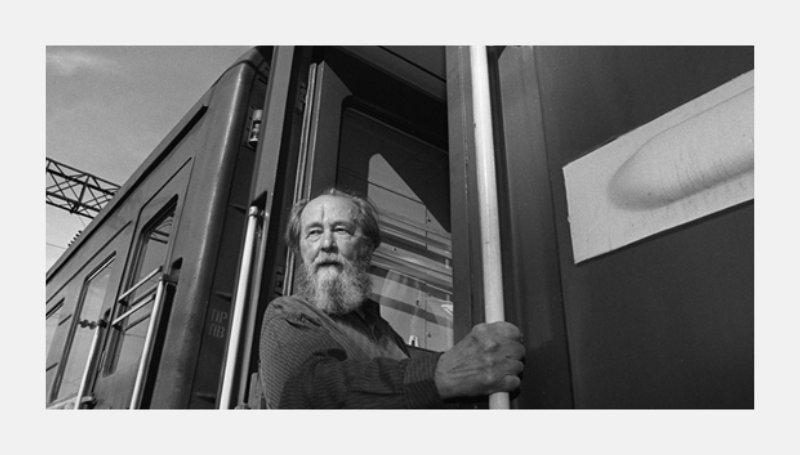Gary Saul Morson
Commentary, July/Aug. 2024
“Today we can ask: Why do so many cheer, or at least not object, when they witness mobs embracing the bloodthirsty and sadistic Hamas? Perhaps for the same reasons that young, pre-revolutionary Russians once celebrated terrorists who murdered innocent citizens?”
Western intellectuals expected that novelist Aleksandr Solzhenitsyn, once safely in the West after his expulsion from the Soviet Union in 1974, would enthusiastically endorse its way of life and intellectual consensus. Nothing of the sort happened. Instead of recognizing how much he had missed when cut off from New York, Washington, and Cambridge, Massachusetts, this ex-Soviet dissident not only refused to accept superior American ideas but even presumed to instruct us. Harvard was shocked at the speech he gave there in 1978, while the New York Times cautioned: “We fear that Mr. Solzhenitsyn does the world no favor by calling for a holy war.”
For his part, Solzhenitsyn could hardly believe that Westerners would not want to hear all he had learned journeying through the depths of totalitarian hell. “Even in soporific Canada, which always lagged behind, a leading television commentator lectured me that I presumed to judge the experience of the world from the viewpoint of my limited Soviet and prison camp experience,” Solzhenitsyn recalled. “Indeed, how true! Life and death, imprisonment and hunger, the cultivation of the soul despite the captivity of the body: how very limited this is compared to the bright world of political parties, yesterday’s numbers on the stock exchange, amusements without end, and exotic foreign travel!”
The West “turned out to be not what we [dissidents] had hoped and expected; it was not living by the ‘right’ values nor was it headed in the ‘right’ direction.” America was no longer the land of the free but of the licentious. The totalitarianism from which Solzhenitsyn had escaped loomed as the West’s likely future. Having written a series of novels about how Russia succumbed to Communism, Solzhenitsyn smelled the same social and intellectual rot among us. He thought it his duty to warn us, but nobody listened. Today, his warnings seem prescient. We have continued to follow the path to disaster he mapped… .. [To read the full article, click here.]
***


